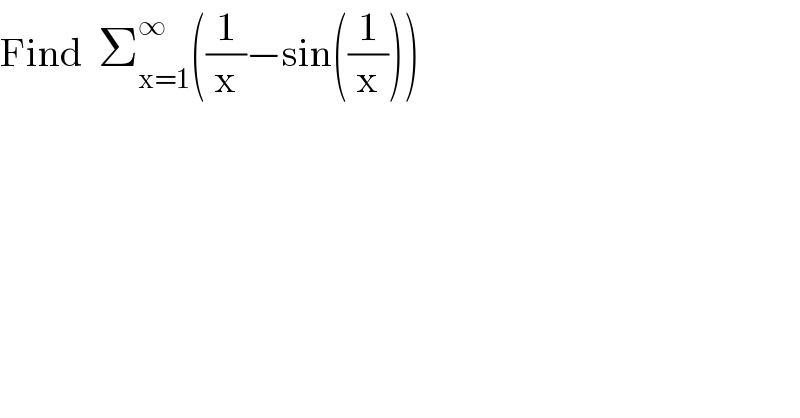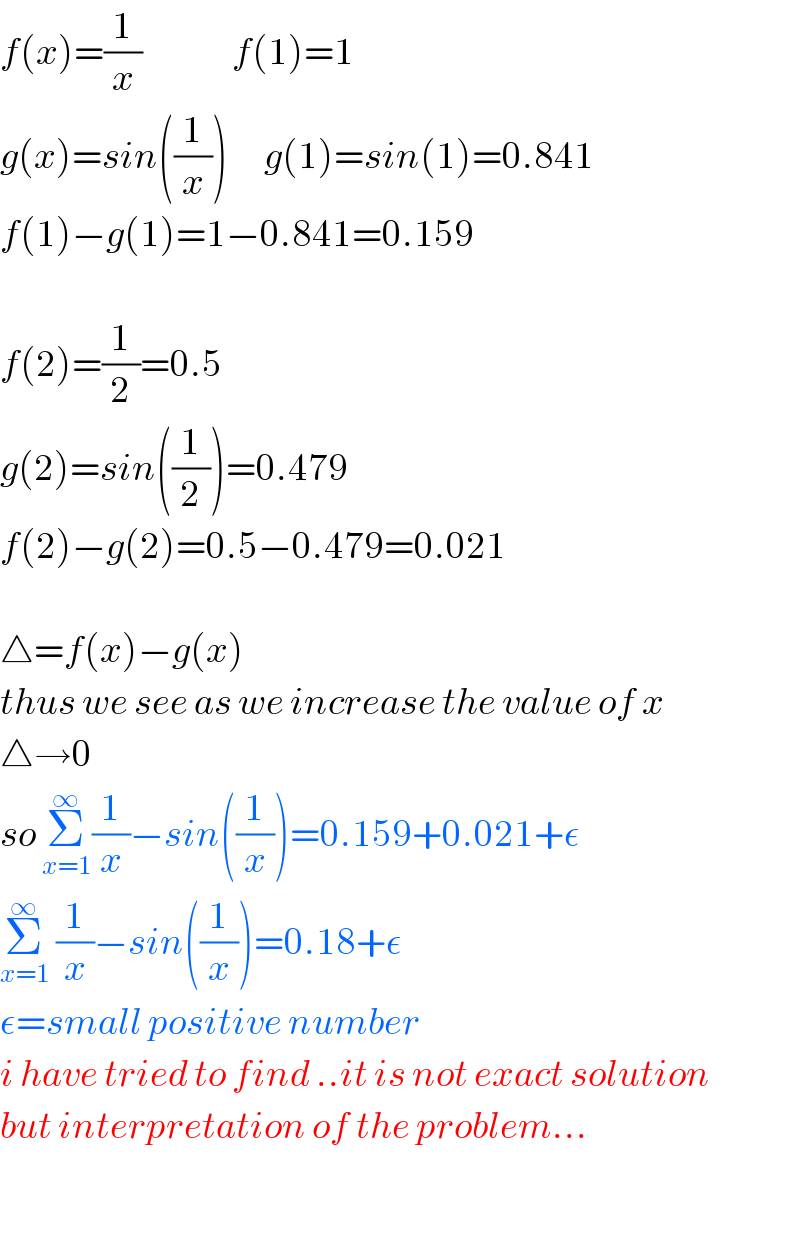
Question and Answers Forum
Question Number 58827 by jimful last updated on 30/Apr/19

Commented by tanmay last updated on 30/Apr/19

Commented by jimful last updated on 01/May/19

Commented by maxmathsup by imad last updated on 30/Apr/19

Answered by tanmay last updated on 30/Apr/19

